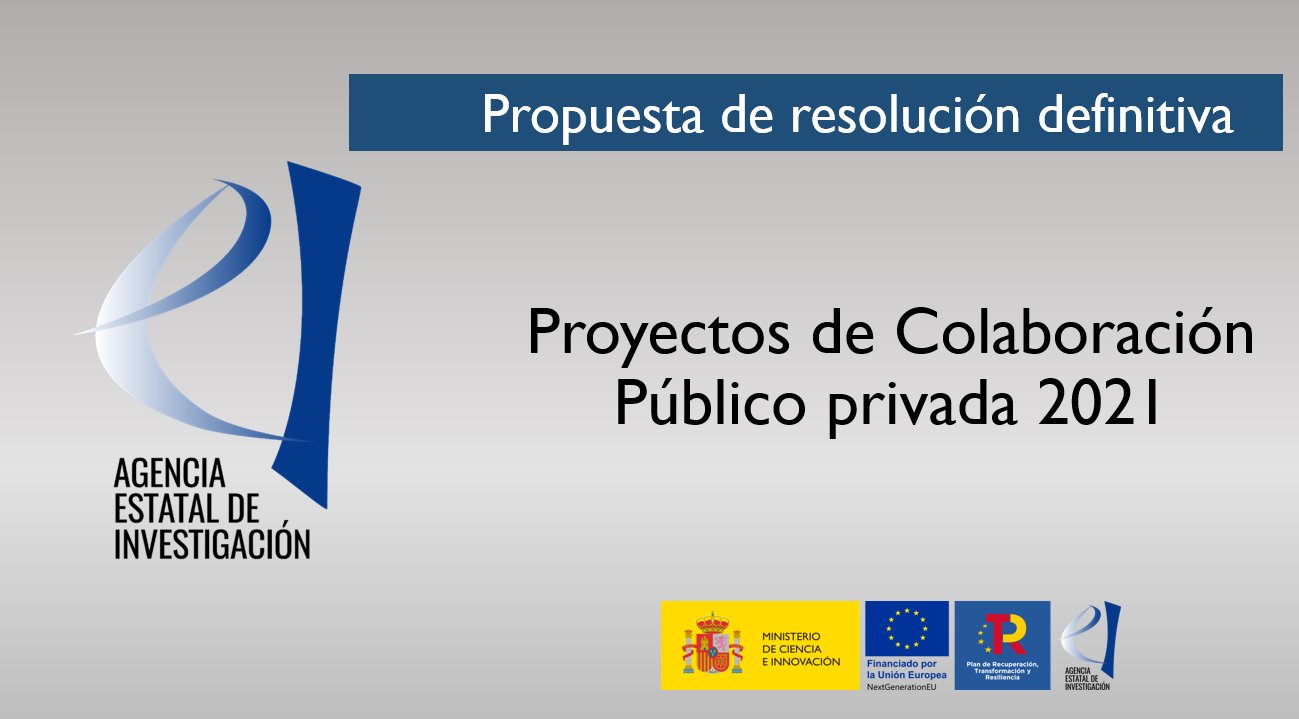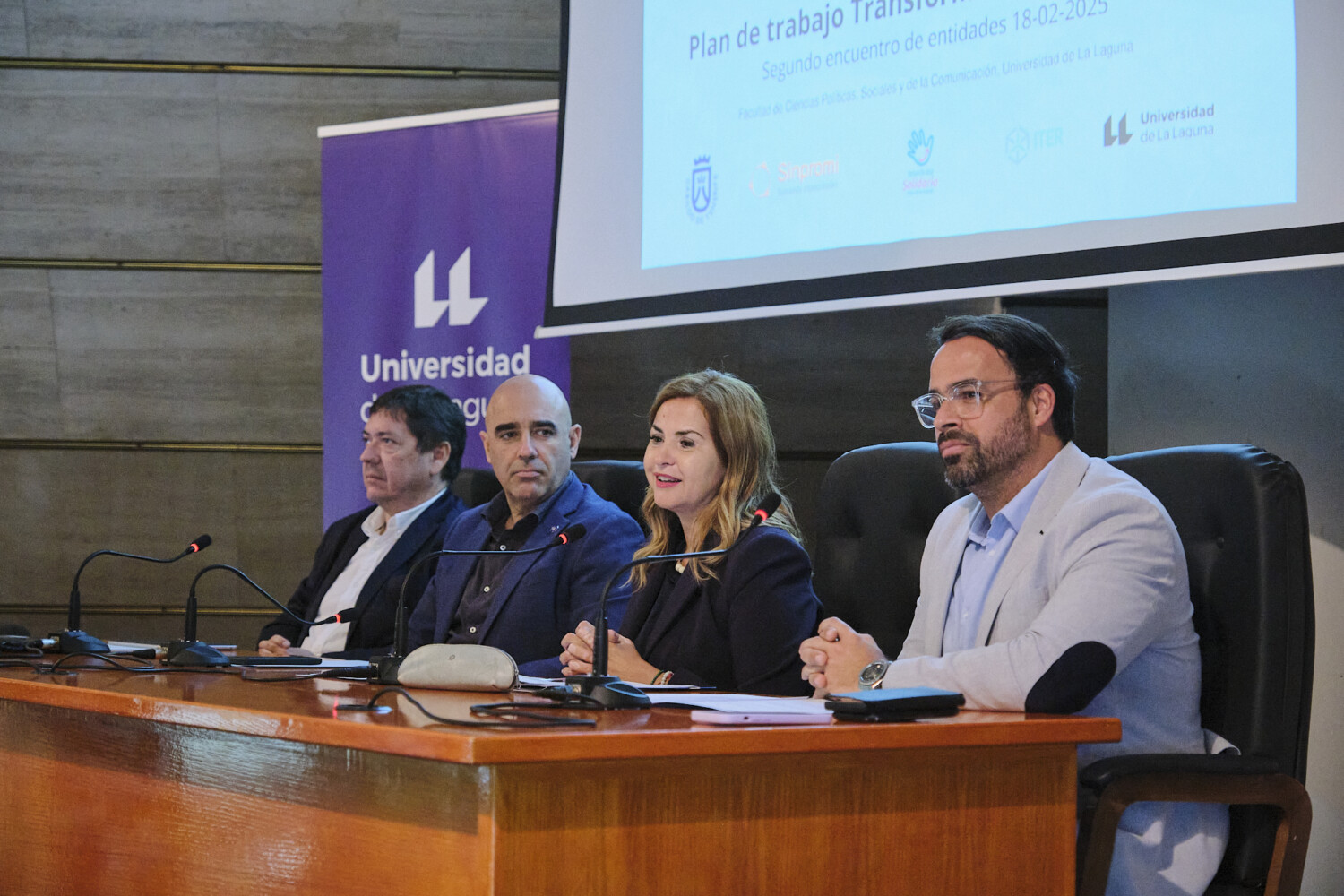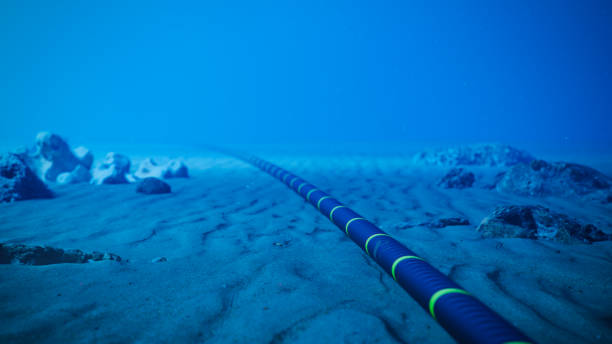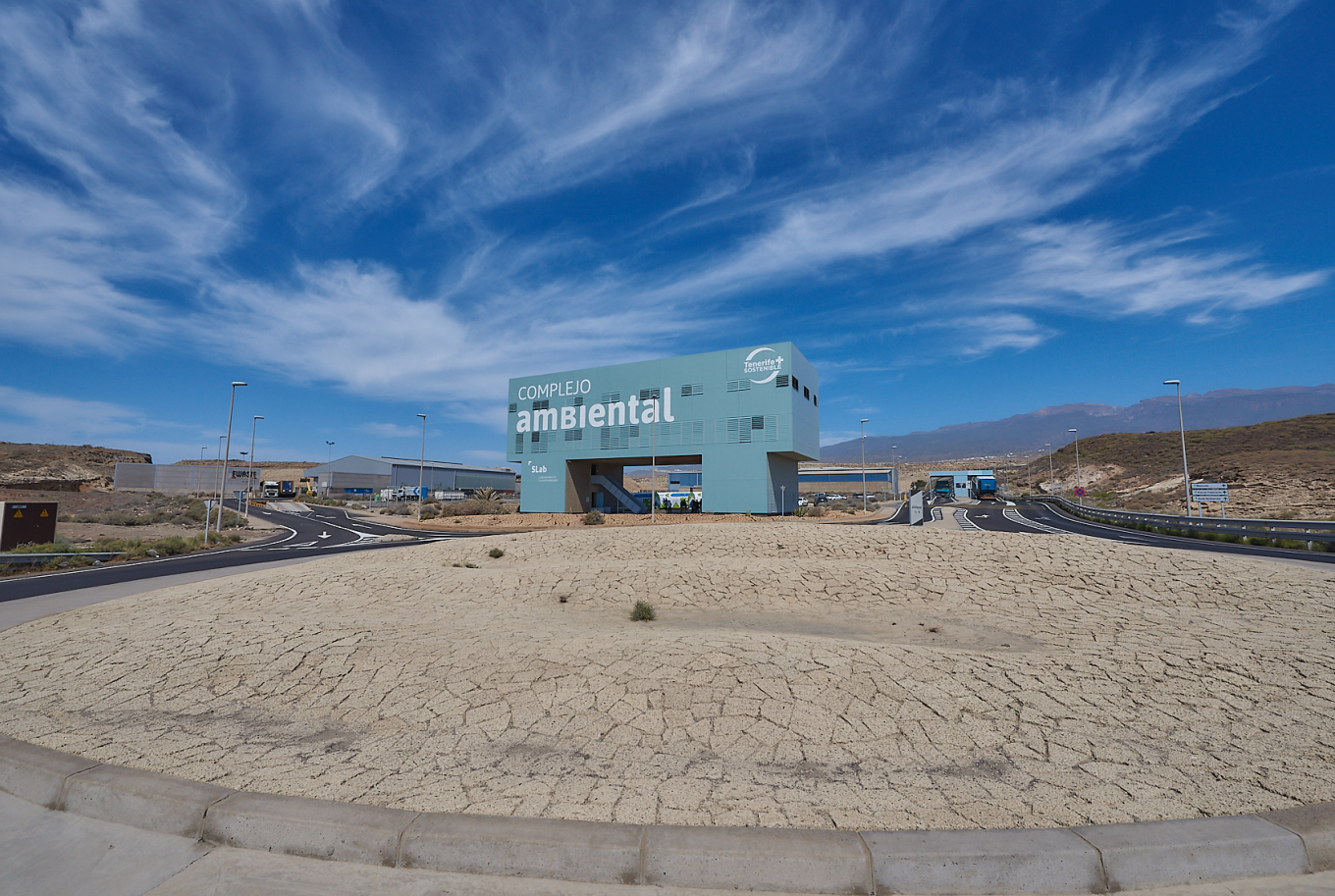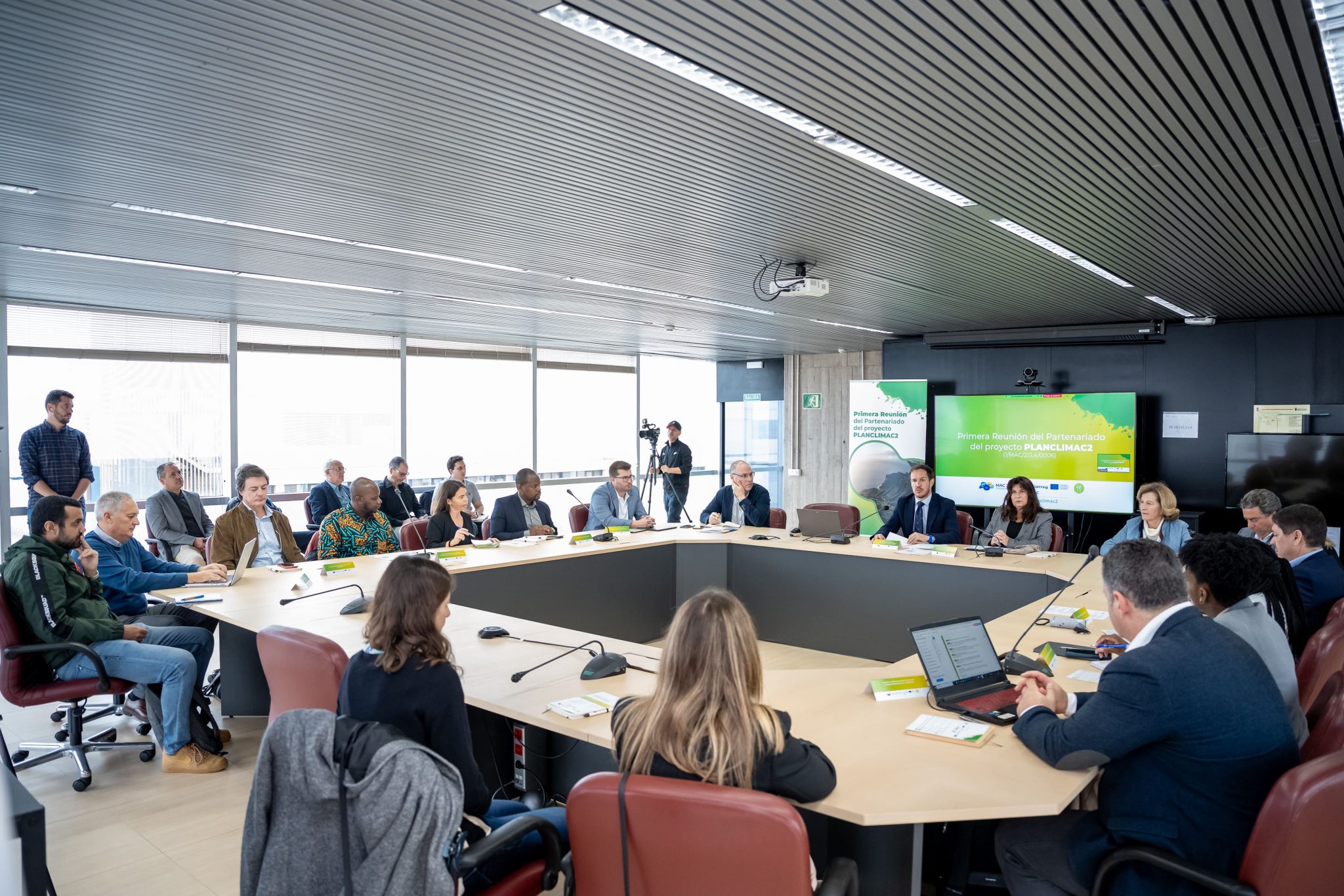The objective of this call, launched by the Ministry of Science and Innovation, is to promote the joint development of cooperative projects between research organizations and companies, in order to generate new technologies, achieve the business application of new ideas and techniques, and contribute to the creation of new products and services.
The Instituto Tecnológico y de Energías Renovables (ITER), an entity under the Cabildo Insular de Tenerife, has obtained funding for six projects submitted to the recent call for grants for projects in public-private partnership 2021 launched by the Ministry of Science and Innovation, within the framework of the Recovery, Transformation and Resilience Plan. The total aid obtained by ITER, in the form of a grant, amounts to €617,736.09.
This has been published, on November 18, 2022, by the State Research Agency in the final resolution of aid for public-private collaboration projects 2021, of the state program to promote scientific-technical research and its transfer, in which the Institute competed with 9 project proposals, finally obtaining 6 of them funding.
For the development and implementation of the projects approved in this call, ITER will collaborate with universities, such as the University of La Laguna, the Polytechnic University of Valencia and the University of Las Palmas de Gran Canaria; with R+D+i entities such as the Oceanic Platform of the Canary Islands (PLOCAN) and with companies, such as Vainsa Infraestructuras S.L. and the consulting firm Elittoral.
Specifically, the six projects approved in this call, in which ITER participates as a partner, are the following:
The OLIDRON project “Disease detection system in olive trees using unmanned aircraft (drones)” with a total budget of 1,512,469.53 €, which aims to develop a high-precision, low-cost and real-time monitoring system of the state of health of olive tree crops. This system will make it possible to know whether the olive plants analyzed are affected by the Xylella Fastidiosa bacterium or the Verticillium Wilt fungus, the degree of progress of the disease and its spatial location.
The TWIN-DAM project “Predictive maintenance system for dams based on the development of digital twins”, with a total budget of €607,084.40, will implement an innovative low-cost predictive maintenance system for gravity dams, based on the monitoring and diagnosis of several key parameters. The solution will allow to diagnose the structural health of the dams in order to predict the maintenance required for their optimal operation.
The AERO-TWIN project “Pathology detection system in wind turbines through the use of a digital twin and artificial intelligence techniques”, which has a total budget of 482,239.66 € and focuses on the development of an innovative integrated monitoring system for wind turbines, for the identification and diagnosis of existing defects and the subsequent prediction of their evolution, to establish a predictive maintenance of the same. The system will improve decision making and allow for a planned and optimized maintenance activity, with the consequent cost savings.
The LEAKWIT project “Continuous monitoring system for the safe storage and use of hydrogen in hydrogen plants”, with a total budget of 1,243,552.99 €, has as its main objective to develop an innovative integral system for the detection and management in real time of gas leaks in hydrogen plants, which are hydrogen storage or refueling stations.
The PERSEO project “Solar Autonomous Aerial Platform for the Monitoring of Pollutant Events in the Marine Ecosystem”, with a total budget of 654,779.50€, aims to develop an autonomous aerial platform for the monitoring of pollutants in the ocean. This platform, with zero emissions thanks to the use of solar energy to enhance its autonomy, will be equipped with different multispectral sensors and algorithms based on Artificial Intelligence (AI) integrated into electronic systems capable of running real-time applications to monitor the ocean. In addition, it will include a precise positioning system that, together with a flight mission planner, will make it possible to determine the exact location of pollutants or anomalous events on the sea surface and predict their temporal evolution.
Finally, the ALOECAN project “Design and experimental development to characterize the fingerprint of aloe grown in the Canary Islands in order to certify its authenticity and geographical origin to protect producers and consumers from potential fraud” which, with a total budget of 474,694.00 €, is part of the research line on food traceability that has been developing the Environment Area of ITER for the past 5 years. ALOECAN aims to evaluate the use of natural strontium isotopes and specific organic compounds, existing in aloe plants, as potential “fingerprints” of aloe grown in the Canary Islands and its derivative products, helping to certify not only the origin of the products, but also the nature of their agricultural environment.
These aids are intended to finance industrial research projects in collaboration between companies and research organizations with the aim of responding to the needs of society. It is intended to give impetus to advances in the field of application to which the projects are directed, both in the scientific field and in technological development and innovation.
Likewise, these aids will promote the generation of quality scientific and technological knowledge through the financing of research projects oriented to the challenges of our society, contributing to the fulfillment of the specific objective41 of the State Plan for Scientific, Technical and Innovation Research for the period 2021-2023.
Notes: 1OE4: To promote the generation of quality scientific-technical knowledge through the financing of both non-oriented research projects that advance the frontier of knowledge and projects oriented to the challenges of our society.


